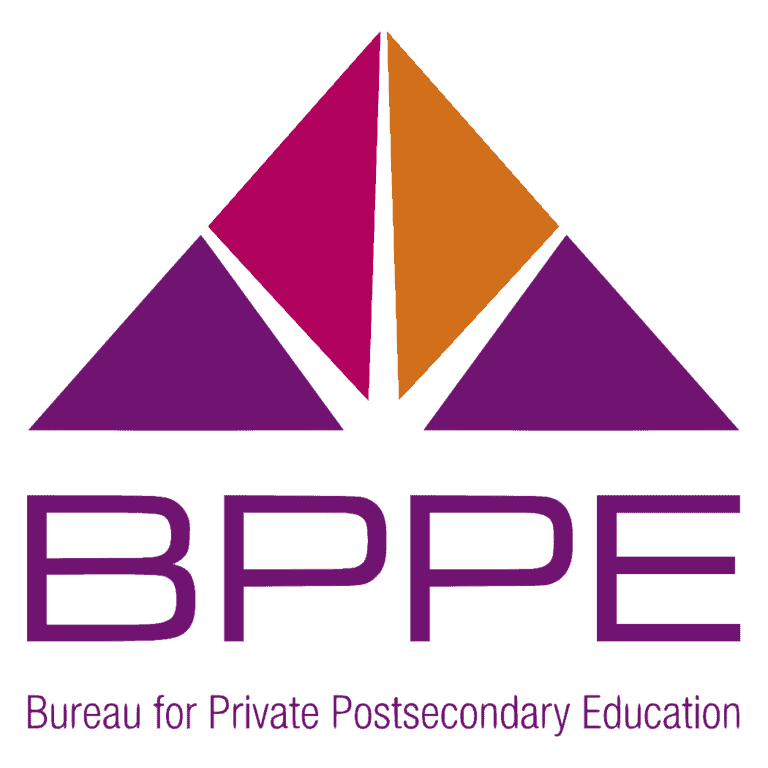As the economy and business landscape constantly transform, global management’s complexities are evolving in tandem. Leaders are navigating these changes with responsiveness and insight, adapting their strategies to meet the demands of a dynamic and interconnected world.
What is Global Management?
Global management encompasses the skills and knowledge necessary to establish or enhance a company’s global presence. A key difference between global and international management is that it allows for productivity worldwide while maintaining a home base. In contrast, international management requires a physical presence within the countries it engages with.
In global management, individuals with a worldwide management degree often oversee what they define as a global system entirely from their home office. As a result, the flexibility to maintain a home base exists more often within global management than with international management.
Educational Opportunities with Global Management Programs
As individuals explore opportunities to pursue a global management program, they may find that this program is unique. Depending on their interest, they may consider the Bachelor of Science in Global Management (BSGM) program offered through San Diego Global Knowledge University (SDGKU). The BSGM program takes around four years and two months* to complete, equivalent to forty-two academic sessions per the academic calendar.
San Diego Global Knowledge University Bachelor’s in Global Management Program
The BSGM program at SDGKU is designed for individuals seeking a comprehensive global management education. Students will experience a unique and dynamic learning environment throughout the program.
The global management degree program includes hands-on coursework based on case studies. Additionally, students can complete a capstone course, allowing them to work on an international initiative at their current employer or another institution of interest. The faculty members are experts in global management practices, global affairs, and intercultural communication training.
Moreover, the BSGM program allows students to work within a global organization or embark on their entrepreneurial journey.
To qualify for SDGKU’s BSGM program, you must complete an online application for admissions and provide supporting documentation. Additionally, they will need official transcripts from a high school or established foreign high school.
The Curriculum and Outcomes of SDGKU’s Global Management Program
SDGKU has crafted a curriculum and course outcomes within the dynamic global management degree to ensure all students receive a comprehensive educational experience. The coursework includes:
-
- Algebra I and II
- Quantitative Research Methods
- Introduction to Art
- Introduction to Philosophy and Ethics
- World History
- Introduction to Public Health
- Political Science
- Environmental Systems
- English I- Introduction to Composition
- Speech- Oral Communication
- English II- Reading and Writing Analytically
- Introduction to Global Business
- Global Business Models
- Legal Issues for Global Businesses
- Business Plan Development I and II
- Alternative Dispute Resolution
- Small Business Creation
- Accounting
- Finance
- Principles of Global Management
- International Managerial Leadership
International Human Resource Management - Strategic Management
- Risk Management and Security
- Production and Operations Management
- Sustainability
- Introduction to Global Systems
- Visioning and Creativity
- Generational Dynamics
- Systems Thinking and Approach
- Information Systems and Technology
- Global Competitiveness
- Introduction to Global Entrepreneurship
- Global Venture Development
- E-Commerce and Social Media
- Introduction to Global Marketing
- Global Marketing Research
- Global Advertising
- Practicum and Directed Research- 1 and 2
Outside of the coursework, SDGKU’s global management program emphasizes several key competencies for students. These include the ability to explain the concept of globalization, its evolution, and its current significance. Students are trained to make informed decisions and identify solutions within a global organization.
Additionally, the program provides an understanding of comparative advantage in the global business environment. It enables students to articulate the role of new information and telecommunication technologies in the modern economy.
Students also learn to apply the principles of international managerial leadership (IML) competence to enhance organizational performance and effectiveness. They are taught to utilize a systems approach and methodology to address complex problems from a global perspective.
Furthermore, the program covers the key dimensions of global competitiveness and encourages students to develop a strategic business plan with an international outlook.
Career Opportunities within Global Management
Upon completing the global management degree program through SDGKU, individuals can pursue various leadership roles tailored to their specific areas of interest and expertise. These roles encompass a range of sectors, each offering unique opportunities and challenges:
-
- Multinational Corporations (MNCs) are organizations registered and operating in multiple countries simultaneously, facilitating cross-border trade and investment. Examples include leading automobile manufacturers and significant technology firms. Professionals in these areas often use international strategy, supply chain management, and cultural competency to navigate diverse markets effectively.
- Nongovernmental Organizations (NGOs) are independent, voluntary groups operating without direct government affiliation. They are commonly established to address social, environmental, or community issues, advocate for public policy changes, or provide essential services. Careers in this field may involve program management, fundraising, and advocacy work to drive meaningful social change.
- Social Enterprises- Social enterprises are innovative organizations that prioritize social or environmental objectives alongside financial sustainability, often seeking to address critical societal challenges. They may operate in various sectors, from sustainable agriculture to renewable energy. Many of these companies integrate their mission-driven approaches into their business models. Leaders in this space typically focus on social impact assessment and stakeholder engagement to balance profit with purpose.
- Start-Ups—A start-up is a newly established business or organization in its early stages of development, typically driven by entrepreneurs with a unique product or service idea. These ventures often face intense competition and dynamic market conditions as they seek funding and growth. Successful start-up leaders must blend innovation, resilience, and strategic planning to navigate the challenges of launching and scaling their businesses, whether in technology, health care, or consumer goods.
By exploring these pathways, graduates can leverage their knowledge and skills to meaningfully impact their chosen fields. A global management degree can open many opportunities in the corporate world, nonprofit sector, or entrepreneurial endeavors.
Are You Ready to Be a Global Leader?
Regardless of your interest in pursuing global leadership, there are numerous opportunities for students to explore degree programs, including the one offered by SDGKU. This dynamic and innovative program provides a comprehensive education while enhancing your professional skills. Don’t wait—enroll today in the Bachelor of Science in Global Management degree program at SDGKU!
Additional Information/Sources
*Program length when completed in normal time.
https://sdgku.edu/programs-list/bs-global-management/
https://www.britannica.com/money/multinational-corporation
https://www.britannica.com/topic/nongovernmental-organization




